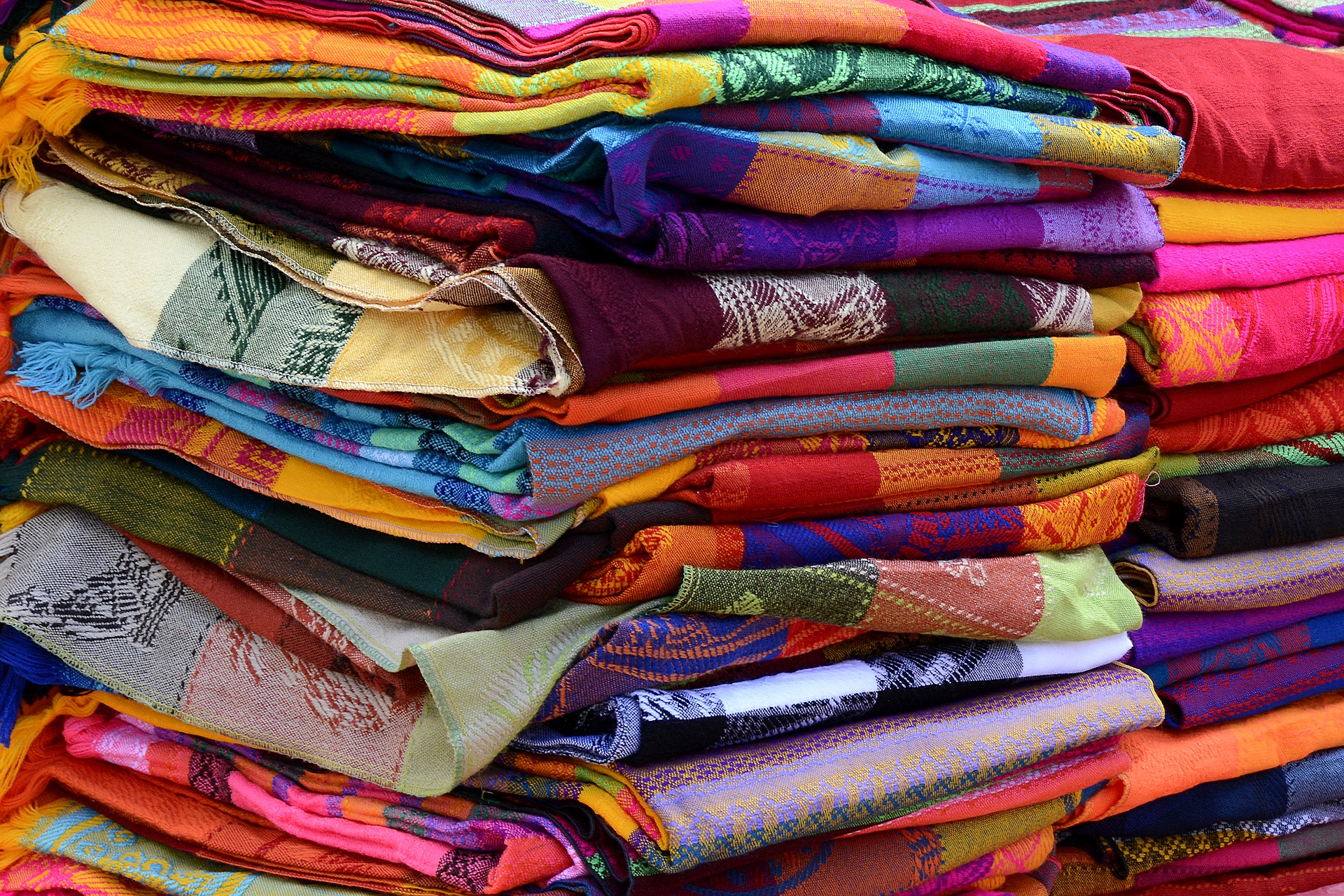During the first lockdown, TikTok was inundated with hauls, try-on videos, and jokes about being on first name basis with the postman. But is our overconsumption of fast fashion having a detrimental impact beyond our bank balance?
To keep pace with the constant demand for new designs, Shein has chosen some controversial strategies to keep their look fresh. Twitter is filled with reports from small artists who claim to have had their work stolen from the company, having their designs mass printed on clothing without permission or credit.
Shein, as most other fast-fashion companies, use cheap fabrics that are not meant to last the test of time. Easy on the pocket, but not the environment. Their items follow the trend cycle, meaning that they are only designed to be worn a few times and then discarded when the item is no longer trendy. Cheap materials such as polyester and nylon will not decay naturally, meaning that they must be incinerated, or sit in landfill (sometimes for as long as 200 years!) This adds to the growing problem of pollution and global warming.
Then there’s the issue of water usage and toxic waste. Washing out dyes from fabrics takes hundreds of tons of water, which is full of substances that are harmful to aquatic and human life if consumed. This is often then dumped in waterways that enter the sea. Similarly, washing these items releases microfibres which are consumed by sea creatures. If you think back to the food chain, you might know what comes next. Something seems a bit fishy here!
This is not the only time Shein has left a bad taste in the mouth of its employers and shoppers. Controversially, the fast fashion company sold Muslim prayer mats as ‘Greek carpets’, as well as selling jewellery with offensive symbols.
When considering the small prices of their garments, the wages paid to employees is unlikely to be high. Child-labour abroad has always been an issue for fast fashion companies and is something that Shein has failed to address in detail. Hiring individuals with few other options, particularly young girls and women, fast fashion industries can exploit their workers by paying them pennies for hours that would be illegal in other countries.
The intention of this article is not to yell in the face of anybody who shops from fast fashion retailers. Most of us don’t have the financial opportunity to turn our nose up at the high street, and we shouldn’t have to!
So, what is the solution? Should we stop shopping at our favourite retailers? The answer is yes, but also no. Buying second hand from places such as Depop and second-hand stores is a great alternative to supporting retailers such as Shein.
Shopping responsibly is the overbearing solution to the issue of the fast fashion chain. Only buying clothes that you know you will wear beyond their time being on trend is a huge step in the right direction. In short, keep wearing those zebra print flares and perhaps think twice before adding to cart.
